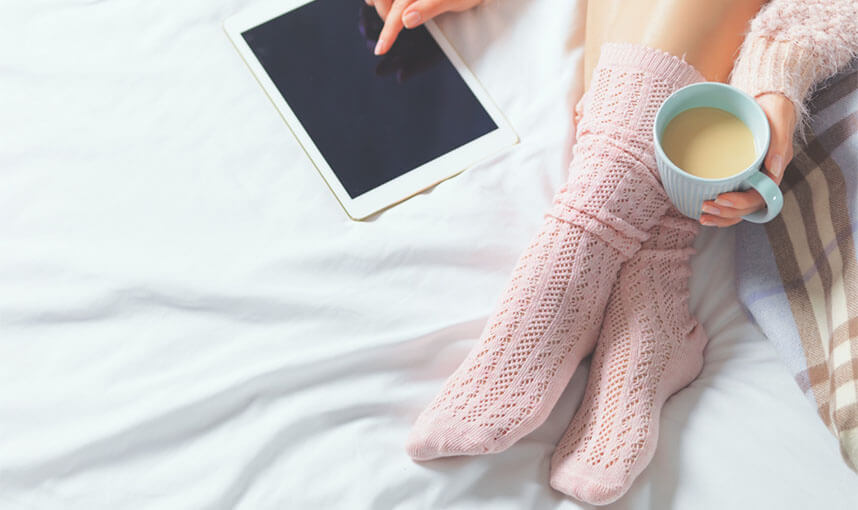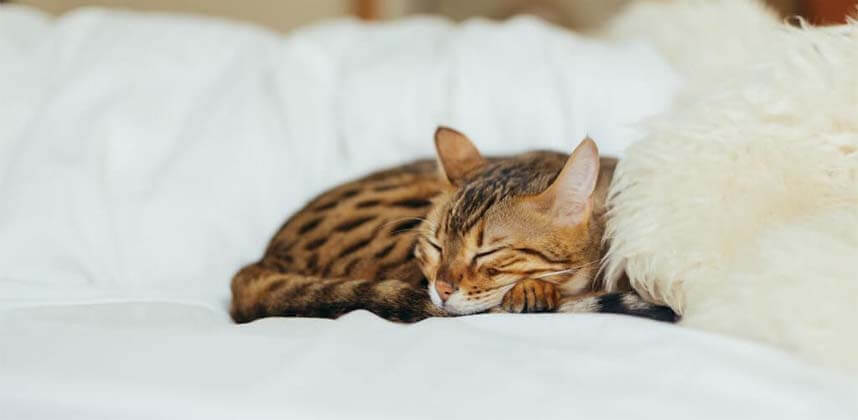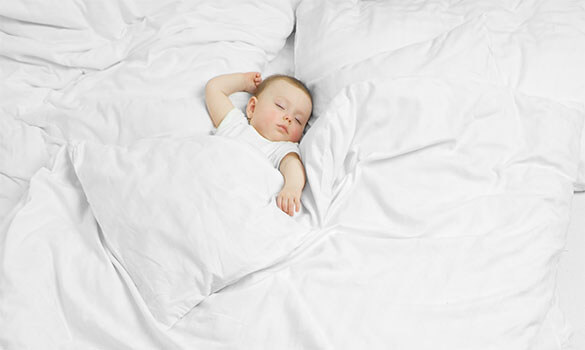Debunking Sleep Myths
As easy and as simple as it sounds, the concept of sleep is a rather complex and vast subject. Over the years, scientists have studied engaged in numerous studies to better understand why humans sleep. While we all have our personal sleep routines, we also harbor a great number of sleep-related myths. Most of them are either passed down from family and friends, some in the media and we use these statements to question the quality of our sleep. According to the National Sleep Foundation, almost one-third of Americans don’t get enough sleep. To help understand sleep and hopefully also sleep better, here are some myth busters.
Myth: Eight Hours of Sleep is Ideal for all Ages.
Fact: This is the average number that is recommended for healthy adults. The actual hours of sleep one needs vary from individual to individual and there are a number of factors that play a role in this. Age, lifestyle, nutrition, stress, sleep patterns are just some of the factors that determine optimum sleep hours. The best way to assess the amount of sleep you need is to wake up feeling well-rested. The key is to maintain a consistent sleep pattern.
Myth: Daytime naps are bad.
Fact: A power nap for half an hour during the day can actually help enhance productivity. If you’re having a long day at work that’s laborious both mentally and physically, a power nap can help rest the body and the mind. Like everything else, naps only work in moderation. Overdoing it will alter your body’s internal clock and it becomes an unhealthy routine.
Myth: The brain shuts down during sleep.
Fact: Contrary to this popular belief, only the body rests during sleep. The brain uses this time as it consolidates all the memories from the day and also continues to perform certain body functions like breathing, for instance. The neurotoxic waste in the brain is cleared while the body rests. This function cannot happen when you are awake.
Myth: Staying awake and preparing the night before helps conquer an important day.
Fact: While a great number of people both argue and practice pulling all-nighters before exams or important meetings, it can actually do more harm. Loss of sleep, even for a day affects your focus, attention and productivity. Always try and get ideal hours of sleep before a big day.
Myth: A warm room induces and helps sleep better
Fact: The body cools down as we slip into sleep mode. To induce sleep faster, it is always better to maintain a cooler sleeping environment. Going under layers of the blanket isn’t the ideal way to fall asleep. Avoid hot showers as well, right before sleeping. If you’re really keen on one, have it much before you hit the bed.
Myth: Turning to television in bed, helps sleep better.
Fact: The opposite is in fact true. Watching lit screens makes it harder to sleep. While watching television or cell phone screens, the brain is instantly wired and it takes longer for us to fall asleep. If you’re keen on having noise/music in the bedroom, consider white noise. These are noises that help you fall asleep – sleep-inducing instrumental tracks, nature sounds, the hum of a fan. Instead, pick up a book and read a few pages in bed. Reading a book before bed is considered to help falling asleep easily.
Myths like these and many more often hamper and deteriorate the quality of sleep. Always try to read and research about what you hear. Most importantly, understand your body and what it needs.










